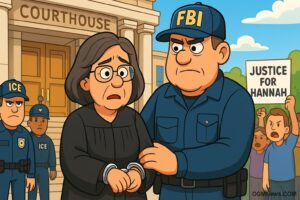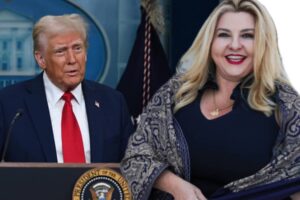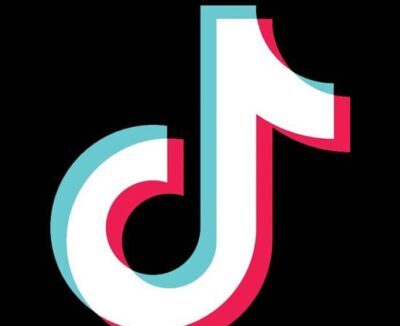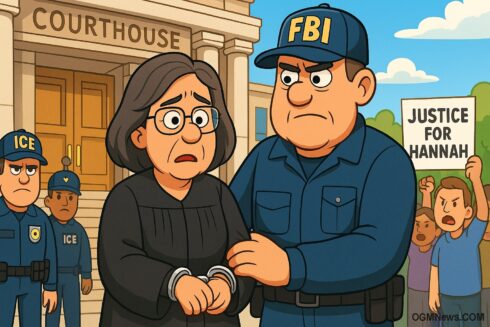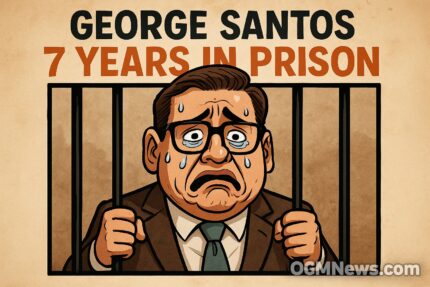TikTok has announced that it will be forced to “go dark” in the United States on Sunday unless the federal government intervenes to prevent the enforcement of a ban. In a statement released late on Friday, the company criticized the Biden administration and the Department of Justice for failing to provide clarity regarding the law that requires its China-based parent company, ByteDance, to divest its US operations.
The video-sharing platform warned that without immediate assurance from the government, it would have no choice but to halt operations on January 19. The announcement follows a Supreme Court ruling earlier that day, which upheld legislation passed in April 2024 mandating ByteDance to sell TikTok to a neutral buyer or face a nationwide ban. The decision has heightened tensions between the US and China, with Beijing condemning the move as an attack on free trade.
Implications of the Ban: Content Creators and Users Affected
The Supreme Court’s ruling means that unless a buyer is secured, TikTok will be removed from app stores and web hosting services across the US. Initially, it was believed that existing users who had already downloaded the app would not be affected immediately. However, TikTok’s latest statement suggests that the ban could result in an immediate shutdown, making the platform inaccessible even to current users.
The impending ban has sparked an outcry among content creators and influencers, many of whom rely on TikTok for their livelihoods. Influencer Nicole Bloomgarden expressed concerns about losing a significant portion of her income, while educator Erika Thompson lamented the loss of valuable educational content on the platform. Some users have already begun migrating to alternative platforms, including the Chinese video-sharing app Red Note, which has seen increased interest from US-based creators.
Trump’s Shift on TikTok and the Political Uncertainty
The enforcement of the TikTok ban is set to coincide with the presidential transition, as Joe Biden’s term ends on Monday and Donald Trump is sworn in as the next president. The White House has stated that it will be up to Trump’s administration to decide whether to implement or amend the law.
Trump, who initially supported banning TikTok during his first term, has recently signaled opposition to the move. On Friday, he stated that he needed more time to review the situation, adding that he had discussed the issue with Chinese President Xi Jinping. His changing stance is notable, given that he previously attempted to ban the app via executive order in 2020. Trump has acknowledged TikTok’s role in engaging young voters, a demographic that played a crucial role in the 2024 election.
National Security Concerns and China’s Response
The US government has justified the TikTok ban by citing national security concerns. Lawmakers from both the Democratic and Republican parties fear that ByteDance, under China’s 2017 intelligence law, could be compelled to share user data with the Chinese government. US Attorney General Merrick Garland has warned that authoritarian regimes should not have “unfettered access” to Americans’ personal information. Cybersecurity analysts have also suggested that TikTok collects more data than necessary, raising further security concerns.
However, ByteDance and the Chinese government have consistently denied these allegations. Beijing has criticized the US for what it sees as economic protectionism, arguing that the ban unfairly targets Chinese tech firms. TikTok maintains that it has never been asked to provide data to the Chinese government and has repeatedly emphasized its commitment to user privacy. With 170 million American users and 7,000 US-based employees, the potential ban could have far-reaching consequences for the social media landscape and digital economy.
As the January 19 deadline looms, TikTok’s fate remains uncertain, with millions of users awaiting a last-minute intervention that could save the app from disappearing from the US market.

